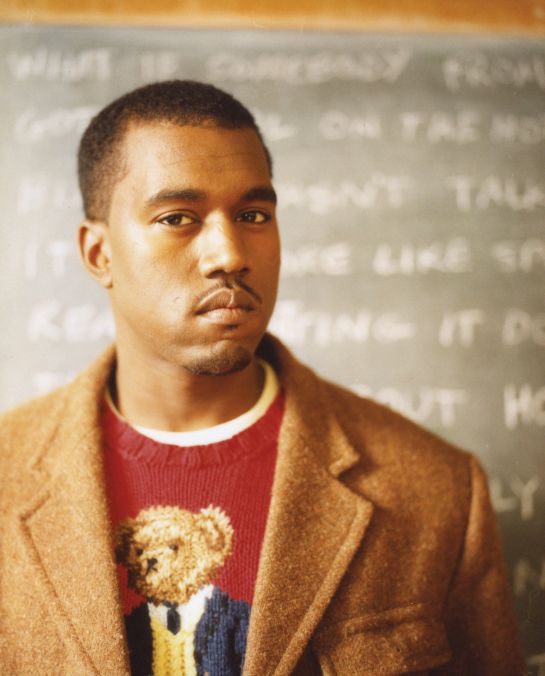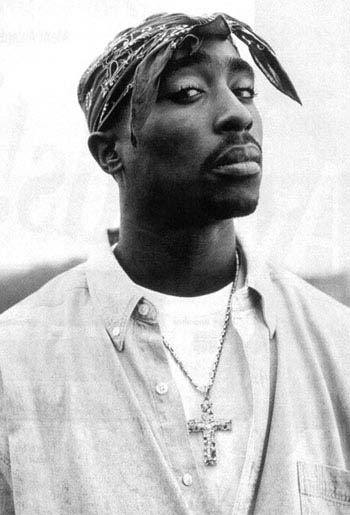I like rap
 |
| MC Hammer pants. Beautiful. |
I know that sometimes surprises some people that meet me. They think "good, wholesome LDS guy who studied music in college; shouldn't he have better taste?" I say this not as a matter of assumption, but from personal experience.
First and foremost, I would like to refute the erroneous
idea that rap isn't music. One of my Music Theory professors at the university
defined music as
"organized sound over time"
with an asterisk over the first
word, meaning that organization as a necessity was debatable. Does rap fit this
description? Absolutely. And yet, sometimes people argue "but they’re not
singing, so it counts for less."
Here’s a transcription of Smashmouth's hit song "All Star":
You’ll notice that in the first four bars, approximately 2/3
of the words are on the same pitch (tonic/"do") without a lot of pitch variance
elsewhere in these bars or in the other verses of the song.
Here’s Andy Grammer's "Keep Your Head Up"
First four bars again and Grammer also sings nearly 2/3 of
his words on the same tonic pitch. I do not mention these examples to disparage their musical value in any way, but rather to demonstrate how much songs like this, which fall squarely in the "alternative" or "pop" category, have in common with rap.
Now here's the first four bars of Sean Paul's "So Fine"
And let us not forget "Gone Til November" by rapper Wyclef
Jean
There are dozens of rappers like Jean and Paul who sing
their raps as part of the songs' harmonic structure. Some high profile
examples are B.o.B, Nelly, Andre 3000, Timbaland, Mos Def, C-Lo Green and there
are plenty more that rap verses and sing choruses.
But what about the others? I quote William Shatner:
 I can’t get behind so-called singers, who can’t carry a tune, get paid for talking. How easy is that?
I can’t get behind so-called singers, who can’t carry a tune, get paid for talking. How easy is that?
These are the Kanye's, 50's and Dre's of the genre who make
a living out of talking to a beat. I mean, where’s the talent in that? Here’s
where:
I woke up early this morning with a new state of mind,
A creative way to rhyme without using knives
and guns-
Keep your nose out the sky, keep your heart
to God and
Keep your face to the rising sun.
-Kanye
West, Family Business
You woulda been much more than a mouth to
feed
Someone, I woulda fed this information I
read to
Someone, my life for you, I woulda had to
leave,
Instead I led you to death.
-Common,
Retrospect for Life
Come listen to my truest thoughts, my truest
feelings
All my peers doing years beyond drug dealing
How many caskets can we witness
Before we see it’s hard to live the life
without God?
So we must ask forgiveness.
-2Pac,
Unconditional Love
The best rappers are incredible poets with an individual and important perspective on the world's problems. I'm not going to champion all of rap music because, as with all genres of music, there are killers and there are fillers. But under no circumstances should anyone think to banish the entire rap genre into the nether regions of "not good music" or even "too unholy." All genres have goods and bads and it is up to you, reader, to keep an open mind and to find what you like and what speaks to you.







